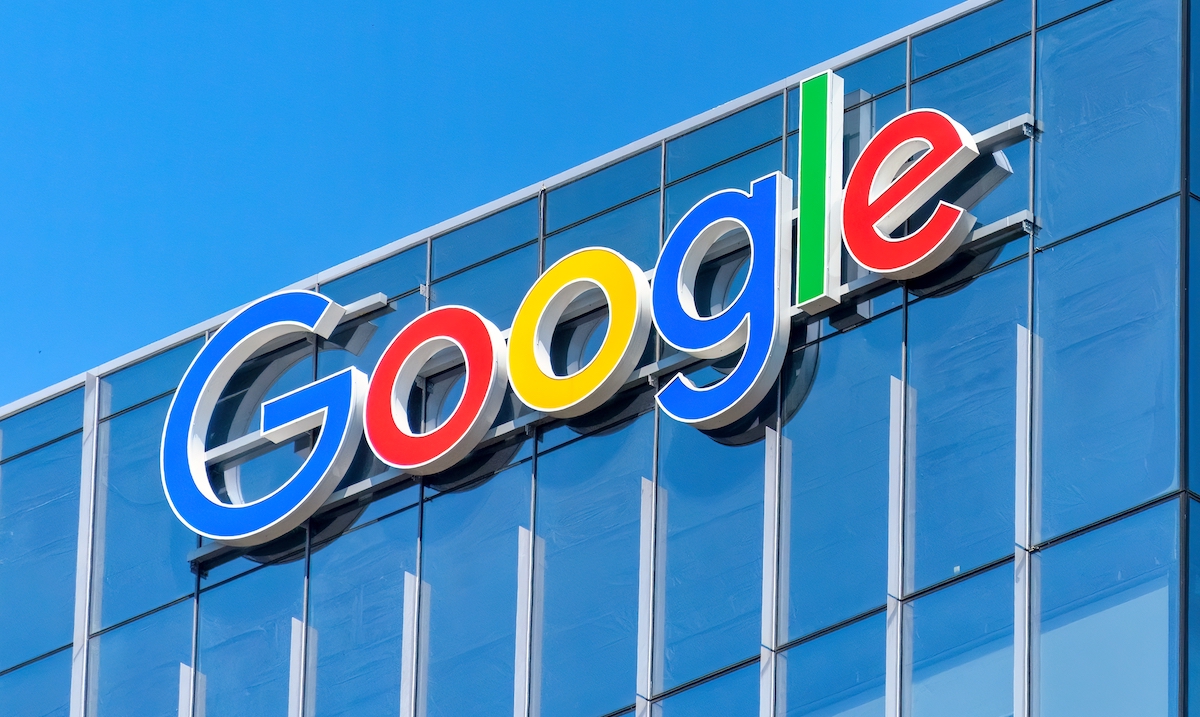Google, DOJ Return To Court: Battle Over Search Monopoly Heats Up

Table of Contents
The DOJ's Antitrust Case Against Google: Key Allegations
The Department of Justice’s antitrust lawsuit against Google centers on accusations of anti-competitive practices that have allegedly allowed the company to maintain its near-monopoly in the general web search market. The DOJ argues that Google’s actions have stifled innovation and harmed consumers. Key allegations include:
-
Maintaining a monopoly in general web search: The DOJ contends Google leverages its dominant position to suppress competition, preventing other search engines from gaining significant market share. This includes allegations of using its search dominance to favor its own products and services.
-
Anti-competitive agreements with mobile device manufacturers and carriers: The lawsuit alleges that Google entered into agreements with manufacturers and carriers to pre-install its search engine and browser (Chrome) as the default on Android devices, effectively locking out rivals. This, the DOJ argues, is a form of exclusionary conduct.
-
Exclusionary conduct to prevent competition: The DOJ claims Google employs various tactics to prevent rivals from gaining traction, including paying companies to exclusively use its search engine and manipulating search results to disadvantage competitors. This includes allegations of prioritizing its own services in search results.
-
Harmful effects on consumers and the market: The DOJ argues that Google's anti-competitive practices have resulted in less innovation, higher prices, and reduced consumer choice in the search engine market. They claim this lack of competition harms consumers in several ways.
Google's Defense Strategies: Countering the Accusations
Google vehemently denies the DOJ's allegations, arguing that its success is a result of providing superior products and services to consumers. Their defense strategy includes:
-
Highlighting the benefits of their search engine to consumers: Google emphasizes the speed, accuracy, and comprehensive nature of its search engine, arguing it benefits users significantly. They point to their constant innovation and improvements as evidence of their commitment to serving users.
-
Arguing against the notion of a monopoly: Google contends that the market is far more dynamic and competitive than the DOJ suggests, citing the existence of other search engines and alternative ways for users to find information. They challenge the definition of the relevant market used by the DOJ.
-
Challenging the DOJ's definition of the relevant market: Google argues the DOJ's definition of the relevant market is too narrow, failing to account for competition from other sources of information like social media and specialized search engines.
-
Presenting evidence of competition: Google aims to showcase evidence of robust competition in the market, highlighting the presence of other search engines, specialized search services, and alternative ways for users to access information online.
Potential Outcomes and Implications of the Case
The outcome of the Google antitrust case carries significant implications for the tech industry and consumers. Potential scenarios include:
-
DOJ wins: A DOJ victory could result in substantial fines, structural remedies such as a forced breakup of Google’s search and other businesses, or behavioral remedies that restrict Google's actions in the market.
-
Google wins: A Google victory would reinforce its current dominance in the search engine market and could potentially lead to further consolidation in the tech sector, with limited regulatory changes.
-
Settlement: A settlement might involve Google making concessions, such as altering its business practices to address some of the DOJ's concerns. This might involve changes to how search results are presented or restrictions on agreements with device manufacturers.
These outcomes will significantly impact the search engine market, potentially leading to increased competition, changes in pricing structures, and altered consumer choice. The broader implications extend to the tech industry, influencing antitrust enforcement and regulations across multiple sectors.
Public Opinion and the Future of Search Engine Competition
Public opinion on the Google search monopoly case is divided. While some believe Google’s dominance stifles innovation and competition, others argue its search engine provides invaluable services and benefits consumers. This debate reflects a broader conversation about the power and influence of tech monopolies. The case's outcome will undoubtedly influence future discussions surrounding market regulation and antitrust enforcement in the tech industry. The future of search engine competition depends on the court's ruling and any subsequent regulatory changes. The possibility of alternative search engines gaining traction increases significantly if the DOJ prevails. Increased competition could mean a more diverse range of search results, potentially leading to innovation in search technology and improved user experience.
Conclusion: The Ongoing Battle for Search Engine Dominance
This crucial case highlights the ongoing battle between the DOJ and Google over the latter's alleged search monopoly. The potential outcomes, ranging from hefty fines to a potential Google breakup, will significantly reshape the landscape of the search engine market and influence the broader tech industry. The implications extend to consumer choice, innovation, and the regulation of tech monopolies. Stay tuned for updates on this crucial case as the battle over the Google search monopoly continues to unfold.

Featured Posts
-
 Lab Owner Pleads Guilty To Covid Test Result Fraud
Apr 22, 2025
Lab Owner Pleads Guilty To Covid Test Result Fraud
Apr 22, 2025 -
 Private Credit Hiring 5 Dos And Don Ts To Get Hired
Apr 22, 2025
Private Credit Hiring 5 Dos And Don Ts To Get Hired
Apr 22, 2025 -
 The China Factor Analyzing Challenges For Premium Car Brands Like Bmw And Porsche
Apr 22, 2025
The China Factor Analyzing Challenges For Premium Car Brands Like Bmw And Porsche
Apr 22, 2025 -
 Investor Concerns About Stock Market Valuations Bof As Response
Apr 22, 2025
Investor Concerns About Stock Market Valuations Bof As Response
Apr 22, 2025 -
 Ukraine Conflict Trumps Peace Plan And Kyivs Crucial Decision
Apr 22, 2025
Ukraine Conflict Trumps Peace Plan And Kyivs Crucial Decision
Apr 22, 2025
